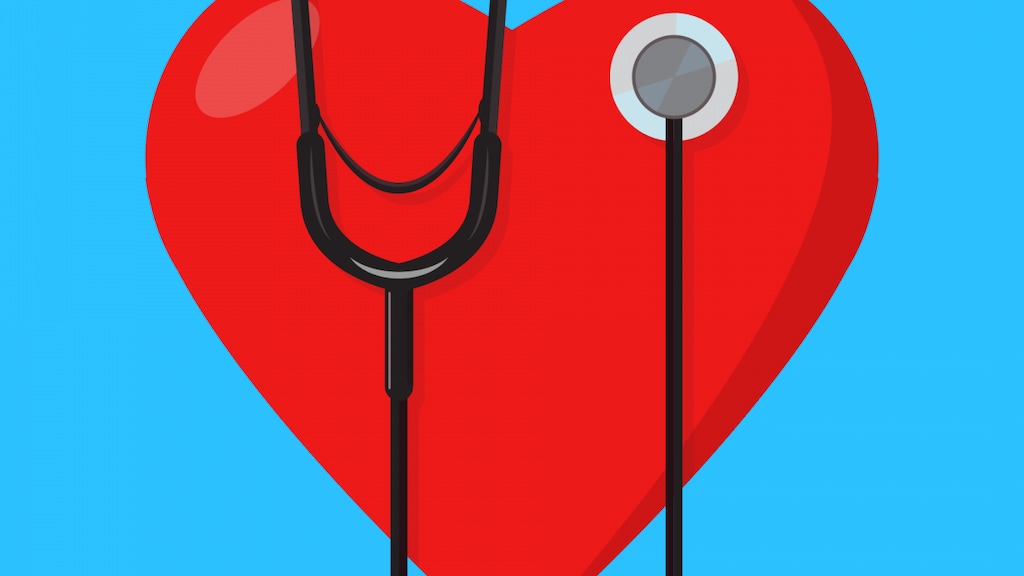What is Lescol used for?
- Lescol is used to lower bad cholesterol and raise good cholesterol (HDL).
- It is used to lower triglycerides.
- Lescol is also used to slow the progress of heart disease.
- Lescol may be given to you for other reasons. Talk to your doctor.
Before taking Lescol, tell your doctor:
- If you are allergic to Lescol; any part of this medicine; or any other drugs, foods, or substances. Tell your doctor about the allergy and what signs you had.
- If you have any of these health problems: Active liver disease or a rise in liver enzymes.
- If you are taking gemfibrozil.
- If you are pregnant or may be pregnant. Do not take Lescol if you are pregnant.
- If you are breast-feeding. Do not breast-feed while you take Lescol.
This is not a list of all drugs or health problems that interact with this medicine.
Tell your doctor and pharmacist about all of your drugs (prescription or OTC, natural products, vitamins) and health problems. You must check to make sure that it is safe for you to take Lescol with all of your drugs and health problems. Do not start, stop, or change the dose of any drug without checking with your doctor.
What are some things I need to know or do while I take Lescol?
- Tell all of your health care providers that you take Lescol. This includes your doctors, nurses, pharmacists, and dentists.
- If you have high blood sugar (diabetes), you will need to watch your blood sugar closely.
- Have blood work checked as you have been told by the doctor. Talk with the doctor.
- Follow the diet and workout plan that your doctor told you about.
- Do not take more than what your doctor told you to take. Taking more than you are told may raise your chance of very bad side effects.
- If you take colesevelam, colestipol, or cholestyramine, talk with your pharmacist about how to take them with Lescol.
- Avoid or limit drinking alcohol to less than 3 drinks a day. Drinking too much alcohol may raise your chance of liver disease.
- If you are 65 or older, use Lescol with care. You could have more side effects.
- This medicine may cause harm to the unborn baby if you take it while you are pregnant. If you are pregnant or you get pregnant while taking Lescol, call your doctor right away.
- Use birth control that you can trust to prevent pregnancy while taking Lescol.
How is Lescol best taken?
Use Lescol as ordered by your doctor. Read all information given to you. Follow all instructions closely.
- Take Lescol at the same time of day.
- Keep taking Lescol as you have been told by your doctor or other health care provider, even if you feel well.
- Take with or without food.
- If you have trouble swallowing, talk with your doctor.
- Do not open the capsules.
What do I do if I miss a dose?
- Take a missed dose as soon as you think about it.
- If it has been 12 hours or more since the missed dose, skip the missed dose and go back to your normal time.
- Do not take 2 doses at the same time or extra doses.
What are the side effects of Lescol that I need to call my doctor about immediately?
WARNING/CAUTION: Even though it may be rare, some people may have very bad and sometimes deadly side effects when taking a drug. Tell your doctor or get medical help right away if you have any of the following signs or symptoms that may be related to a very bad side effect:
- Signs of an allergic reaction, like rash; hives; itching; red, swollen, blistered, or peeling skin with or without fever; wheezing; tightness in the chest or throat; trouble breathing, swallowing, or talking; unusual hoarseness; or swelling of the mouth, face, lips, tongue, or throat.
- Very bad headache.
- Change in balance.
- Memory problems or loss.
- Feeling confused.
- Not able to pass urine or change in how much urine is passed.
- Pain when passing urine.
- This medicine may cause muscle pain, tenderness, or weakness. Sometimes, a very bad muscle problem may happen that may lead to kidney problems. Rarely, deaths have happened in people who get these problems when taking drugs like this one. Call your doctor right away if you have muscle pain, tenderness, or weakness that is not normal (with or without fever or feeling out of sorts). Call your doctor right away if you have muscle signs that last after your doctor has told you to stop taking Lescol.
- Liver problems have happened with drugs like this one. Sometimes, this has been deadly. Call your doctor right away if you have signs of liver problems like dark urine, feeling tired, not hungry, upset stomach or stomach pain, light-colored stools, throwing up, or yellow skin or eyes.
What are some other side effects of Lescol?
All drugs may cause side effects. However, many people have no side effects or only have minor side effects. Call your doctor or get medical help if any of these side effects or any other side effects bother you or do not go away:
- Headache.
- Belly pain.
- Upset stomach.
- Diarrhea.
- Feeling tired or weak.
- Not able to sleep.
- Flu-like signs.
These are not all of the side effects that may occur. If you have questions about side effects, call your doctor. Call your doctor for medical advice about side effects.
You may report side effects to the FDA at 1-800-332-1088. You may also report side effects at https://www.fda.gov/medwatch.
If overdose is suspected:
If you think there has been an overdose, call your poison control center or get medical care right away. Be ready to tell or show what was taken, how much, and when it happened.
How do I store and/or throw out Lescol?
- Store at room temperature.
- Protect from light.
- Store in a dry place. Do not store in a bathroom.
- Keep all drugs in a safe place. Keep all drugs out of the reach of children and pets.
- Throw away unused or expired drugs. Do not flush down a toilet or pour down a drain unless you are told to do so. Check with your pharmacist if you have questions about the best way to throw out drugs. There may be drug take-back programs in your area.
Consumer information use and disclaimer
- If your symptoms or health problems do not get better or if they become worse, call your doctor.
- Do not share your drugs with others and do not take anyone else's drugs.
- Some drugs may have another patient information leaflet. Check with your pharmacist. If you have any questions about Lescol, please talk with your doctor, nurse, pharmacist, or other health care provider.
- If you think there has been an overdose, call your poison control center or get medical care right away. Be ready to tell or show what was taken, how much, and when it happened.
This information should not be used to decide whether or not to take Lescol or any other medicine. Only the healthcare provider has the knowledge and training to decide which medicines are right for a specific patient. This information does not endorse any medicine as safe, effective, or approved for treating any patient or health condition. This is only a brief summary of general information about this medicine. It does NOT include all information about the possible uses, directions, warnings, precautions, interactions, adverse effects, or risks that may apply to Lescol. This information is not specific medical advice and does not replace information you receive from the healthcare provider. You must talk with the healthcare provider for complete information about the risks and benefits of using this medicine.




